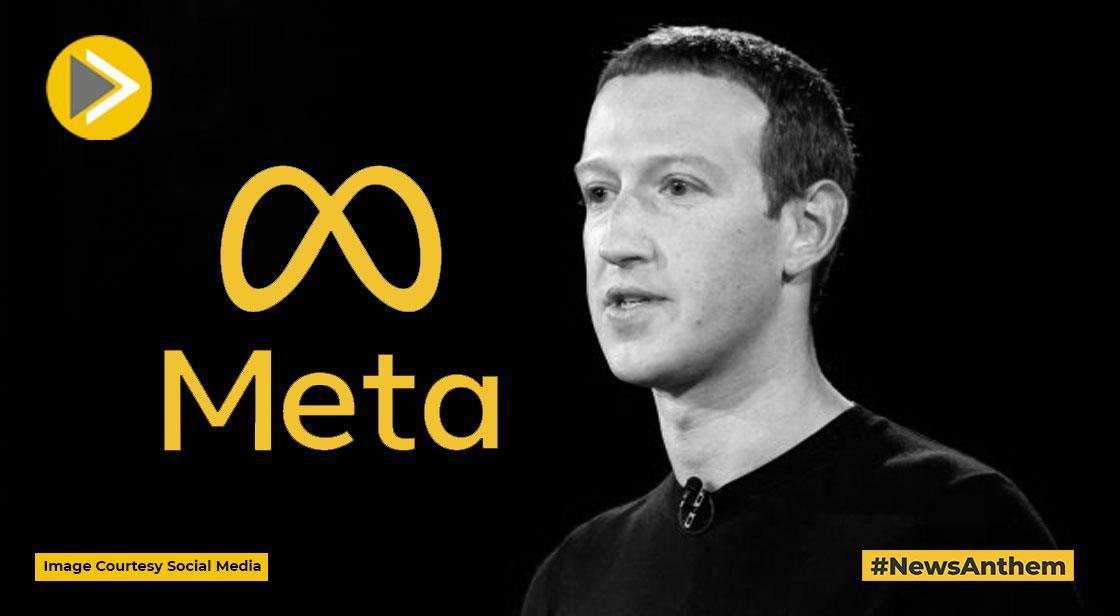Meta Lowers Minimum Age for Quest Headsets from 13 to 10, Despite Criticism

News Synopsis
Meta, the parent company of Facebook, is set to lower the minimum age requirement for its popular virtual reality headsets, the Quest 2 and Quest 3, from 13 years old to 10 years old.
This move comes despite pressure from lawmakers urging Meta not to target younger users with its VR services. In an effort to address concerns, Meta has implemented parental controls and age-appropriate recommendations for preteens using the headsets.
Meta Lowers Minimum Age for VR Headsets
Meta announced its decision to lower the minimum age for its VR headsets from 13 to 10 years old. Parents will be able to create accounts for their children as young as 10, starting later this year.
However, parental approval will be required for account setup and app downloads, and age-appropriate experiences and recommended apps will be provided based on children's ages.
Concerns Over Impact on Young Users
The move to lower the minimum age requirement for VR headsets comes amid increasing scrutiny faced by Meta and other social media companies regarding their effects on young users.
Worries about potential harm to teenagers' mental health and exposure to harmful content in VR and the "metaverse" have been raised by parents, lawmakers, and civil society groups.
Lawmakers' Opposition and Meta's Response
Earlier this year, Democratic senators urged Meta to suspend its plan to offer Horizon Worlds, the company's flagship VR app, to teens between 13 and 17 years old. Concerns were raised regarding potential harm to young users' physical and mental well-being. Despite the opposition, Meta proceeded with its plan, leading to further criticism from lawmakers and civil society groups.
Addressing Parents' Concerns
Meta acknowledges the concerns of parents and aims to address them through various measures. Parents will have the ability to set time limits and enforce breaks for their preteens using the headsets. Users under 13 will have private accounts, with their active status hidden on apps by default. Meta also allows content casting to external screens, enabling parents to monitor their children's VR experiences.
Conclusion:
Meta's decision to lower the minimum age for its VR headsets to 10 years old has sparked both support and criticism. While the company aims to address parental concerns through parental controls and privacy settings, worries about the impact on young users' mental health and exposure to harmful content persist.
As Meta continues to develop its vision of the next-generation internet, it faces the challenge of striking the right balance between innovation and user safety, especially when catering to a younger audience.
You May Like









